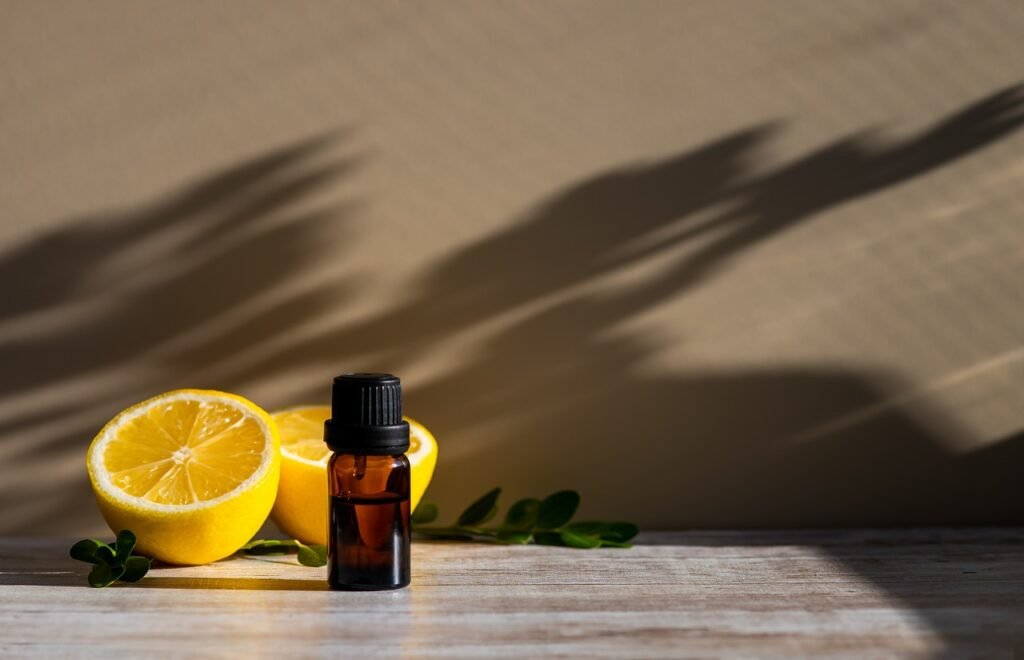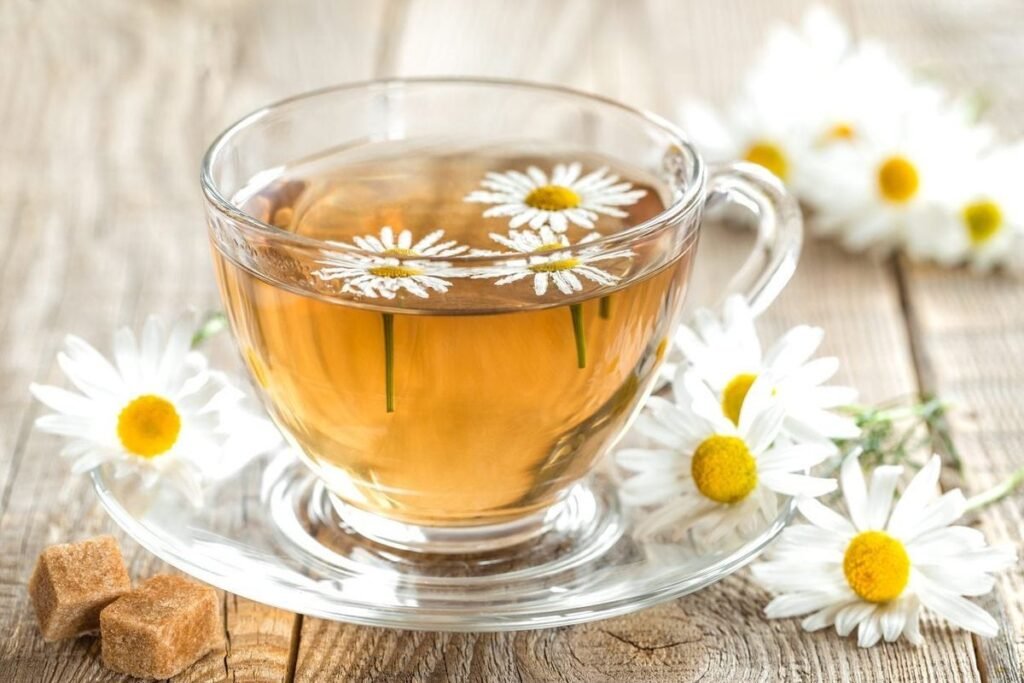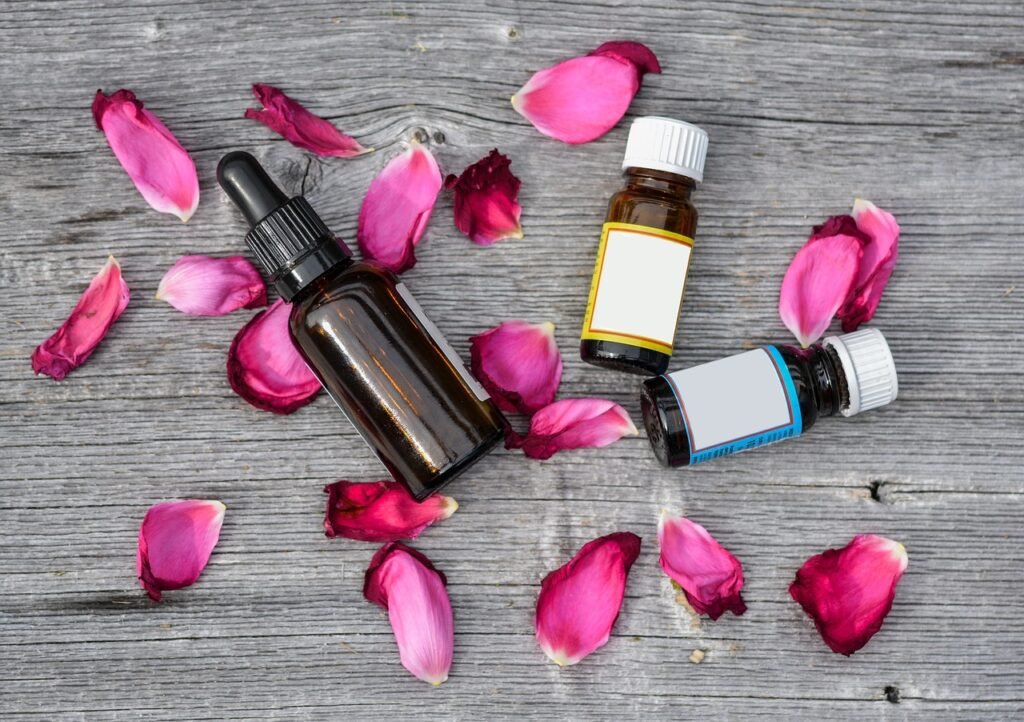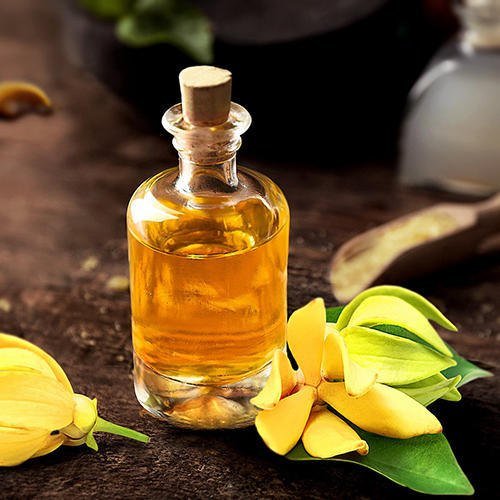Stress has become a common part of modern life, affecting millions of people daily. From tight work deadlines to personal challenges, everyone experiences stress, and finding effective ways to manage it is crucial for well-being. One increasingly popular solution is the use of essential oils for stress relief, known for their ability to promote relaxation and calm the mind.
The therapeutic benefits of calming essential oils go beyond just relaxation. Their effects on the brain and nervous system are well-documented, offering an all-natural approach to managing anxiety, promoting better sleep, and restoring emotional balance. This guide will explore the top stress-relieving essential oils, how they work, and the best ways to incorporate them into your life for long-term benefits.
Whether you’re new to aromatherapy for stress or looking to deepen your knowledge, this article provides insights into how essential oils interact with your brain and body to ease tension. Read on to discover how these powerful plant extracts can support your mental and emotional health.

Lavender: The Gold Standard of Stress Relief
Why Lavender is the Best Stress Reliever
Lavender is often considered the most popular and effective essential oil for stress relief. Its calming scent helps reduce anxiety and promote relaxation. But what makes lavender stand out? Studies have shown that lavender directly affects the nervous system by reducing cortisol levels, which are responsible for the body’s stress response. Lavender’s ability to lower heart rate and blood pressure creates a sense of calm, making it an excellent choice for daily use.
For those interested in the neurological aspects of essential oils, this article on the neurological impact of essential oils goes into depth on how oils like lavender interact with the brain.
How to Use Lavender for Maximum Benefit
- Diffuser: Adding a few drops of lavender oil to a diffuser can fill your home or office with a calming scent, making it easier to relax even in stressful environments.
- Topical Application: Apply diluted lavender oil to your wrists or temples for an immediate calming effect.
- Bath Soak: Add lavender oil to your bathwater to unwind after a long day.
Lavender oil is not just for managing stress; it’s also used to treat insomnia and improve overall mood. The connection between aromatherapy for stress and sleep makes lavender a versatile tool for holistic health management.
Chamomile: A Soothing Agent for Emotional Balance

The Science Behind Chamomile’s Calming Properties
Chamomile is another well-known stress-relieving essential oil that has been used for centuries in teas, tinctures, and aromatherapy. Chamomile works by interacting with the brain’s neurotransmitters, helping to reduce feelings of anxiety and promote relaxation. Its anti-inflammatory and anti-spasmodic properties make it effective in easing both physical and emotional stress.
If you’re curious about how essential oils influence mood through neurotransmitters, this article on how essential oils influence neurotransmitters offers more detailed insights.
Chamomile Application for Stress Relief
- Inhalation: Place a few drops of chamomile oil on a tissue and inhale deeply for instant relaxation.
- Massage Oil: Chamomile oil can be combined with a carrier oil like coconut or almond for a calming massage, perfect for relieving tension in your muscles.
- Tea Infusion: While not an essential oil, chamomile tea is another effective way to consume the calming benefits of chamomile.
Chamomile is especially beneficial for people who experience stress due to emotional imbalance, making it one of the most versatile oils for holistic health.
Bergamot: The Uplifting Citrus Oil
Why Bergamot is a Powerful Stress Buster
Bergamot oil stands out for its unique ability to simultaneously calm and uplift. This citrus oil has been shown to reduce anxiety while promoting positive emotional states, making it ideal for those who need stress relief without feeling overly sedated. According to studies, bergamot reduces cortisol levels and stimulates the production of dopamine and serotonin—neurotransmitters associated with happiness and emotional balance.
Bergamot’s connection to emotional health is further discussed in this detailed look at the limbic system and essential oils, which explains how scent can unlock emotional responses.
How to Use Bergamot for Stress Management
- Room Spray: Mix bergamot oil with water in a spray bottle and mist it around your room or workspace to uplift your mood and ease tension.
- Aromatherapy Jewelry: Apply a drop of bergamot oil to a diffuser necklace for stress relief on the go.
- Body Lotion: Add a few drops of bergamot oil to your lotion for a calming yet energizing skincare routine.
Bergamot is an excellent choice for those who prefer a bright, uplifting scent while still seeking relief from stress. Its versatility also makes it ideal for enhancing cognitive performance and mood balance.
Frankincense: Grounding and Centering
The Ancient Oil for Modern Stress
Frankincense has been used for centuries in religious ceremonies for its grounding and centering properties. Its rich, woody aroma calms the mind and promotes mental clarity, making it an excellent choice for meditation and mindfulness practices. This oil has been found to reduce heart rate and blood pressure, alleviating symptoms of chronic stress.
For those interested in the cognitive benefits of essential oils, this guide on essential oils and cognitive performance explores how oils like frankincense can enhance mental clarity.

Methods to Incorporate Frankincense
- Meditation: Add frankincense to a diffuser during meditation or yoga to deepen your practice and promote a sense of peace.
- Skin Care: Apply diluted frankincense oil to your skin for a calming and rejuvenating effect, especially beneficial during periods of high stress.
- Deep Breathing: Inhale frankincense oil deeply for immediate calming effects and stress reduction.
Frankincense is ideal for individuals looking to create a balanced, peaceful state of mind while enhancing cognitive function and emotional clarity.
Ylang-Ylang: The Floral Stress Reliever

The Emotional Benefits of Ylang-Ylang
Ylang-ylang is celebrated for its sweet, floral fragrance and its ability to soothe the nervous system. This calming essential oil is known to reduce anxiety and enhance well-being by lowering blood pressure and decreasing cortisol, the hormone responsible for stress. Its natural sedative effects make it especially beneficial for those experiencing chronic stress or emotional exhaustion. According to the National Institutes of Health, ylang-ylang has been shown to effectively reduce stress and anxiety, making it a powerful tool for emotional relief.
How to Use Ylang-Ylang for Relaxation
- Inhalation: Place a few drops of ylang-ylang on a cotton ball and breathe deeply for immediate stress relief.
- Hair Care: Add a few drops of ylang-ylang to your shampoo or conditioner for a relaxing hair care routine that also helps with stress.
- Blended with Other Oils: Ylang-ylang pairs well with other stress-relieving essential oils like lavender and chamomile for a powerful anti-stress blend.
The relaxing qualities of ylang-ylang make it perfect for anyone looking to unwind after a long day or manage emotional stress effectively.
Conclusion: The Power of Essential Oils for Stress Relief

Essential oils provide a natural, effective way to manage stress, improve mood, and promote overall well-being. From the calming properties of lavender to the uplifting effects of bergamot, these oils offer a variety of benefits for both the body and mind. Incorporating these calming essential oils into your daily routine can make a significant difference in how you handle stress.
For more in-depth information on how essential oils impact your brain and mood, visit our articles on aromatherapy stress reduction and how essential oils influence neurotransmitters for better mood.









